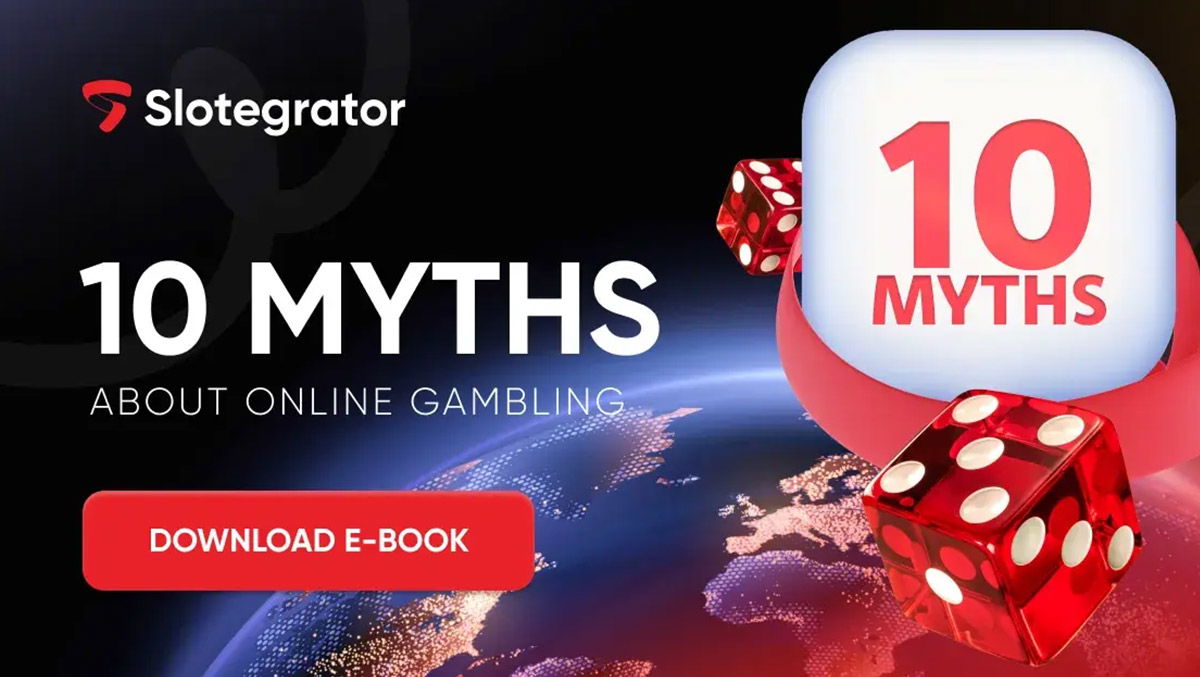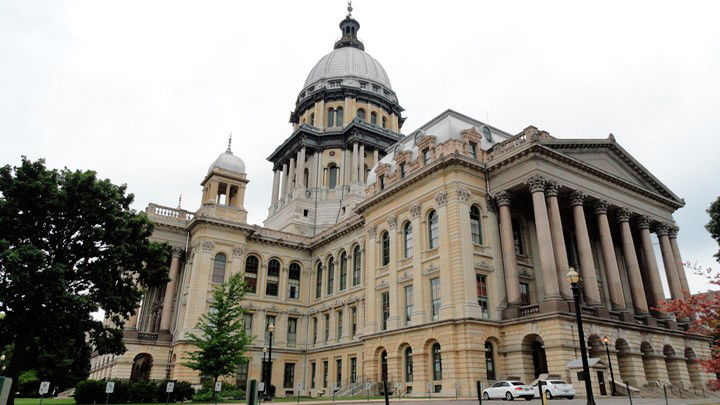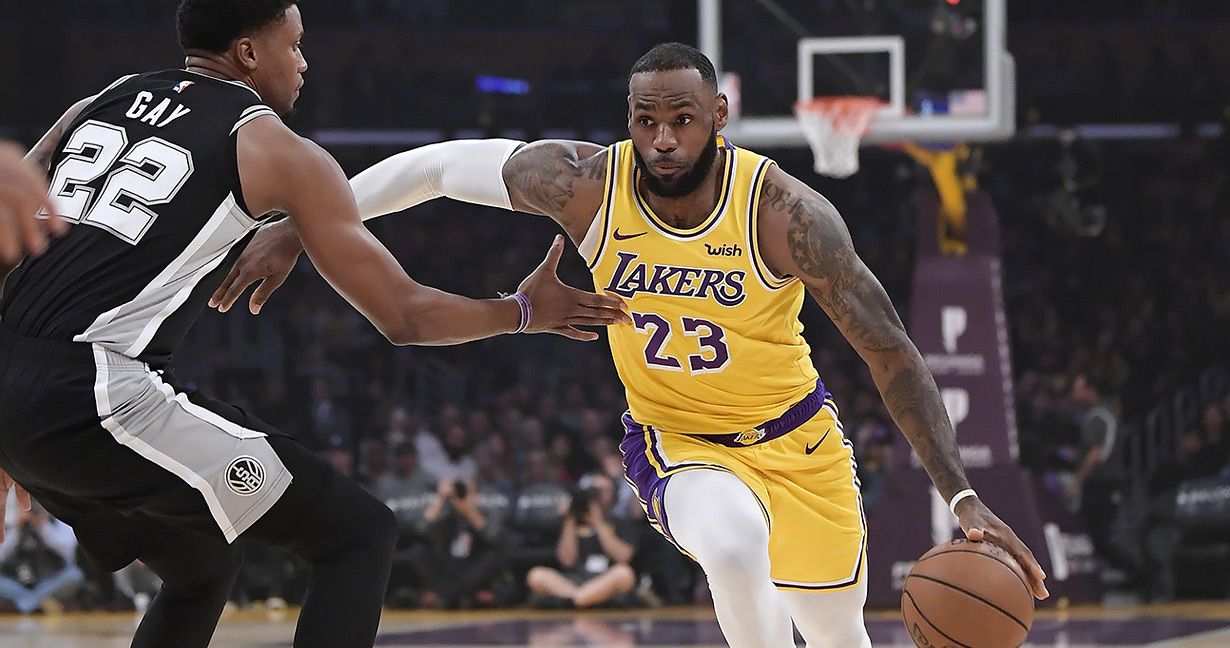UK MPs call for action against Camelot over problem gambling risks

A cross-party group of MPs has called for ministers to consider action against the UK lottery operator, Camelot. The reason for it is that they deem that a move towards app-based games rather than traditional draws risks worsening problem gambling and reducing the amounts given to good causes, as reported by The Guardian.
This comes after Camelot’s most recent results showed that ⅔ of sales growth in 2020 and 2021 came through “instant win” games, primarily online, partially due to the Coronavirus pandemic that resulted in world-wide lockdowns. Mobile sales rose from £1.606 billion in 2020 to £2.482 billion in 2021.
The MPs said that 9% of proceeds of instant win games, comprising scratchcards as well as online games, go to community causes, against 31% of draw-based game sales. They said that the contributions had fallen from 28% in 2012-13, to 21% in 2020-21.
Camelot’s annual report released in June attributed the growth in app-based sales due to a new home screen which was described as personalized, with an engine programmed to serve more “relevant games” to players based on their behavior. It also noted increased traffic to the digital channels due to Covid-19, given that fewer people went to shops.
Ministers have previously expressed concern that the lottery’s shift towards more online games could become a “gateway to problem gambling”, with the minimum age for participation having increased this year from 16 to 18.
App-based games have existed since 2015, according to a Camelot spokesperson, who added that “by enabling people to play in ways that suit them best, we’re generating record monetary returns to good causes from ticket sales, record prize money to players and record payments in lottery duty to the Treasury – all in a responsible way.”
However, Alexander Stafford, the Conservative MP for Rother Valley, said it was “time to get someone in who can run the national lottery properly”, and who could be “more true to its founding values”.
“People trust the national lottery as a brand and want to get behind its charitable mission statement. But these controversial instant win games are herding people towards a more dangerous form of gambling, putting vulnerable people at risk”.
Carolyn Harris, the Labour MP who chairs the all-party group on gambling-related harms, said ministers should intervene to change Camelot’s approach. “That so little money from the lottery is going to charity is sickening and the government must see to it that this cannot happen again”, she pointed out.
The UK Gambling Commission argues that app-based games need a higher return of prizes than draws to attract players, and that it was more important that the overall sum given to good causes increases.
Camelot is currently bidding to keep the lottery license it has held since 1994, and extend it until 2023. It faces competition from three other candidates to hold the lottery license: the Czech-owned Sazka Group, the former Daily Express owner Richard Desmond, and Sisal.
In the light of this call to action, the current lottery licensee rejects criticism and says the growth of online sales also includes traditional draws bought via the app, and is “part of a wider shift in gambling patterns”.


















































